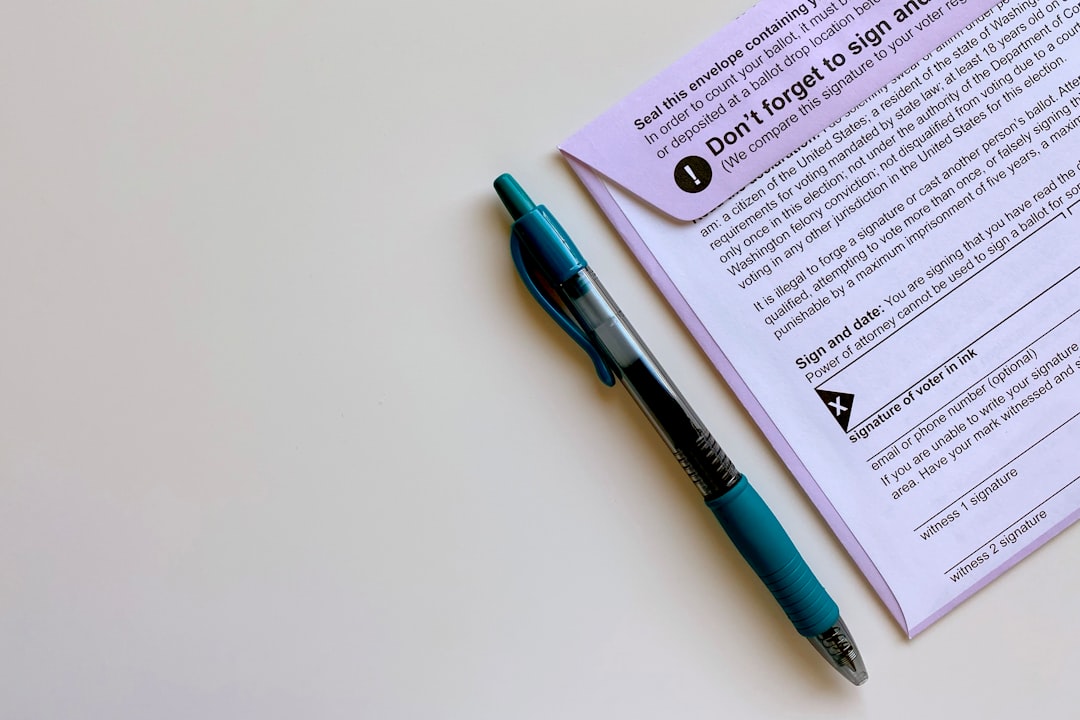Update: Federal appeals court explains why Lehigh County must count disputed mail-in ballots
Five voters sued county over ballots declared invalid because they lacked dates on return envelopes

Update May 27: The federal appeals court released its decision explaining why mail-in ballots without a required date should be counted. This a key part of the opinion: “Congress intended § 1983 to be a channel for private plaintiffs to enforce the Materiality Provision of the Civil Rights Act. That provision was created to ensure qualified voters were not disenfranchised by meaningless requirements that prevented eligible voters from casting their ballots but had nothing to do with determining one’s qualifications to vote. Ignoring ballots because the outer envelope was undated, even though the ballot was indisputably received before the deadline for voting serves no purpose other than disenfranchising otherwise qualified voters. This is exactly the type of disenfranchisement that Congress sought to prevent.”
Read our May 23 story: Northampton County to count disputed mail-in ballots/Lehigh judicial candidate ponders appeal of Friday's federal court decision.
Update May 20: A federal appeals court determined Friday that Lehigh County must count 257 disputed mail and absentee ballots cast during the November 2021 county election because voters did not write a date on the outer return envelope. The U.S. Court of Appeals for the Third Circuit ruled that federal civil rights law applies in this case and that the votes should be counted. The appellate court instructed the federal judge who made the initial ruling in the case must issue an order that the ballots be counted. It’s likely that this decision could be appealed.
A federal appeals court in Philadelphia will hear oral arguments on Wednesday in a civil rights case filed by five Lehigh County voters whose mail-in ballots for the Nov. 2, 2021, election were rejected because they lacked handwritten dates on their return envelopes, the ACLU said.
The voters had filed an appeal with the U.S. Third Circuit Court of Appeals after U.S. Eastern District Judge Joseph F. Leeson Jr. issued a summary judgment in March, saying they lacked standing to sue because it’s up to the U.S. attorney general to handle civil rights cases in voting matters.
Leeson also said the handwritten date requirement does not infringe on their First and Fourteenth Amendment rights and further said an undated envelope could potentially lead to fraud if someone else filled it in with a wrong date.
The case arose when David Ritter, a Republican candidate for Lehigh County judge in the 2021 election, challenged a decision by the Lehigh County Board of Elections to count 257 mail-in ballots that did not have the required date on the return envelopes. All of the disputed ballots had been timely received by the Lehigh County Board of Elections.
While Ritter was ahead of his closest challenger, Democrat Zachary Cohen, it was possible that Cohen could have surpassed him if the 257 votes were counted. That’s because Democrats tend to use mail-in ballots more than Republican voters.
Ritter lost his case before Lehigh County Judge Edward Reibman but won an appeal before the Pennsylvania Commonwealth Court. Cohen then appealed before the Pennsylvania Supreme Court, which opted against hearing the case.
The ACLU, on behalf of the five — Linda Miglori, Francis J. Fox, Richard E. Richards, Kenneth Ringer and Sergio Rivas — filed a federal lawsuit against Lehigh County in January.
After Leeson’s ruling, the voters received an emergency injunction on March 20, which prevented Lehigh County from certifying results for three judicial seats in Lehigh County Court that was scheduled the next day.
The ACLU said oral arguments are scheduled for 11 a.m. Wednesday with Ari J. Savitzky, senior staff attorney in the ACLU Voting Rights Project, representing the plaintiffs.
In filing their case, the voters are arguing that the Civil Rights Act prohibits disqualifying a person’s vote if the reason for disqualification is “not material in determining whether such individual is qualified under State law to vote(.)”
They also say the county’s failure to notify the voters of the errors violates the due process clause of the Fourteenth Amendment.
Further, the voters say the date requirement is “superfluous” and an undue burden that restricts their right to vote, in violation of the First and Fourteenth Amendments.


